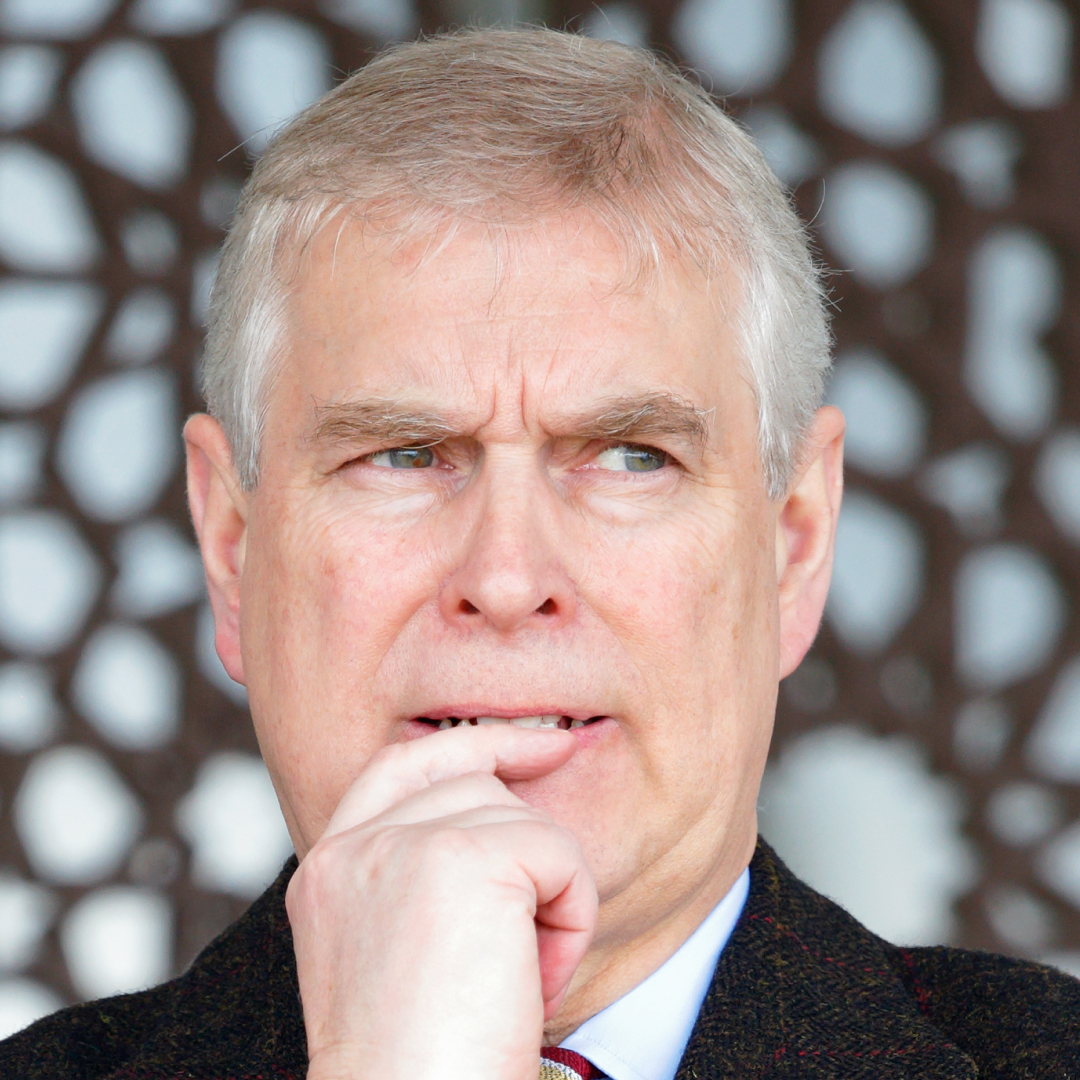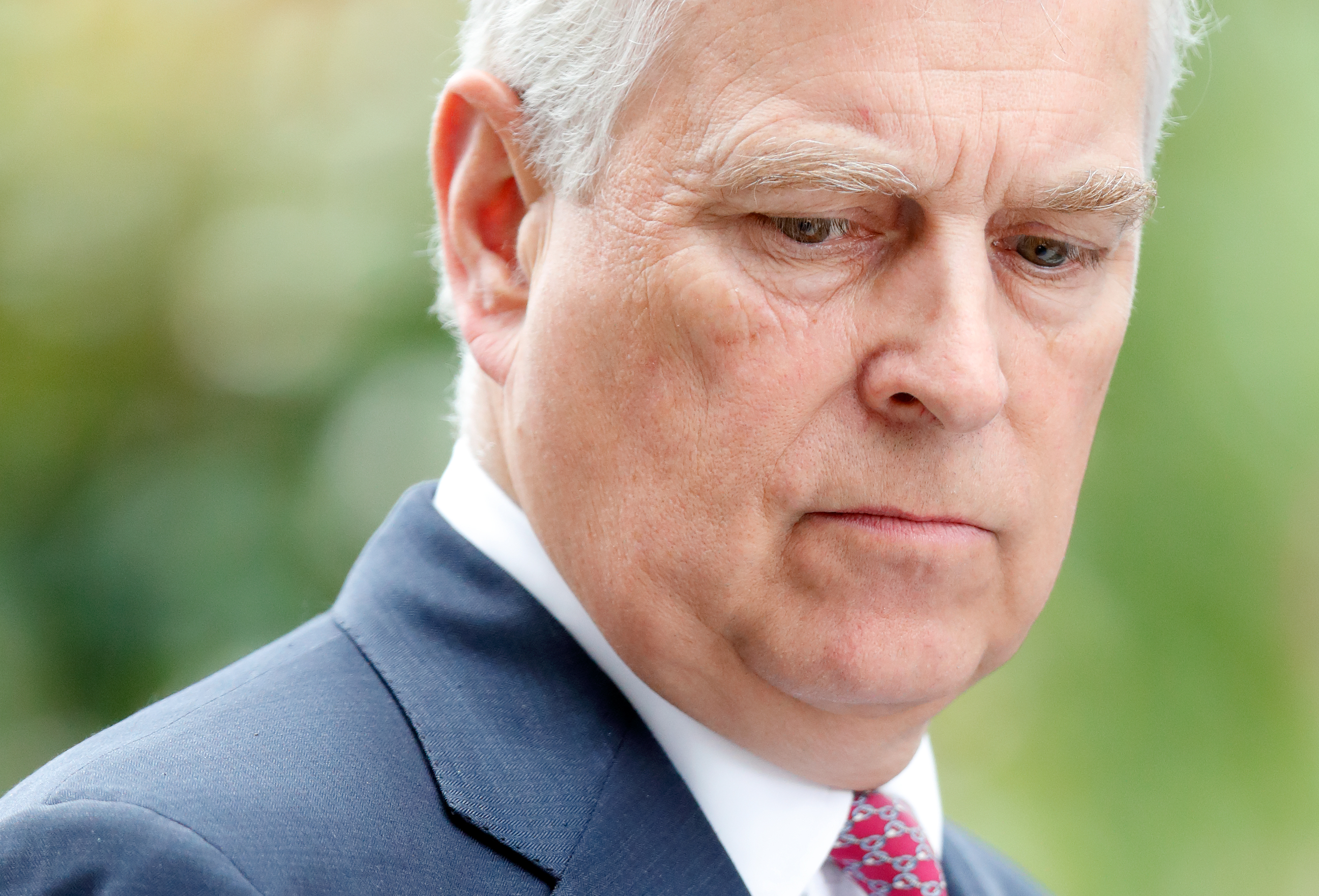
Prince Andrew has been fighting to stay at his home for years after being stripped of his royal duties, and following a report claiming he's found enough money to stay at Royal Lodge, one royal source is saying the Duke of York is plagued with "anxiety."
Although King Charles reportedly cut his brother off financially, the Sunday Times reported that Prince Andrew—who was forced to step down as a working royal due to his association with convicted sex offender Jeffrey Epstein—has managed to pull together enough money to stay at his crumbling home near Windsor Castle.
"It is understood that Prince Andrew’s money has been approved by Sir Michael Stevens, the keeper of the privy purse, as coming from legitimate sources," the newspaper reported.
As confirmed in Robert Hardman's updated version of Charles III: New King. New Court. The Inside Story, King Charles has reportedly taken away his brother's roughly $1.3 million allowance following their mother, Queen Elizabeth's death.

And because Royal Lodge falls outside of the official security perimeter surrounding Windsor Castle, the Duke of York must pay for his own police protection, which was once covered by his mother, Queen Elizabeth, and later King Charles. The home is in need of significant repairs, and per Hello! could cost up to $320,000 in renovations.
In 2022, Prince Andrew settled a case out of court with Virginia Guiffre, who accused the prince of sexual assaulting her when she was 17.
Despite coming up with the cash, a source told Us Weekly that the prince's “anxiety is through the roof" these days. “It’s been a hard few months for Andrew,” the insider added.
According to the mag, the Duke of York is “barely leaving the house” and feels "generally very lost in where his life has gone" after his fall from royal favor. The insider continued that Andrew's situation was "putting a lot of stress” daughters Princess Eugenie and Princess Beatrice, who are worried that he'll be forced to leave Royal Lodge.
Earlier this month, royal expert Hugo Vickers told the Sun that Andrew might be refusing to leave his home because it would be seen as "somehow publicly accepting guilt for which he has not been proved," referring to his court case.







